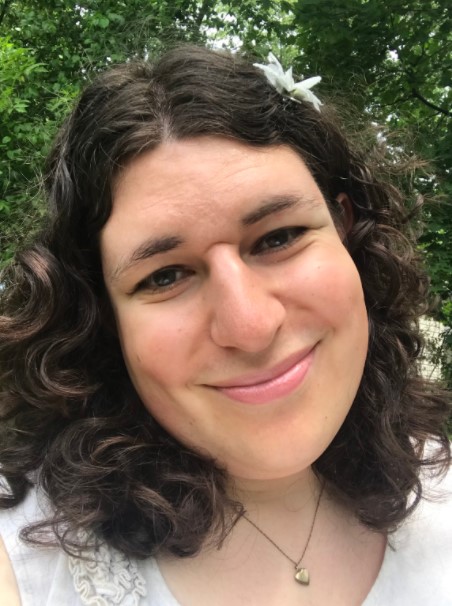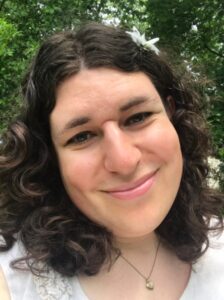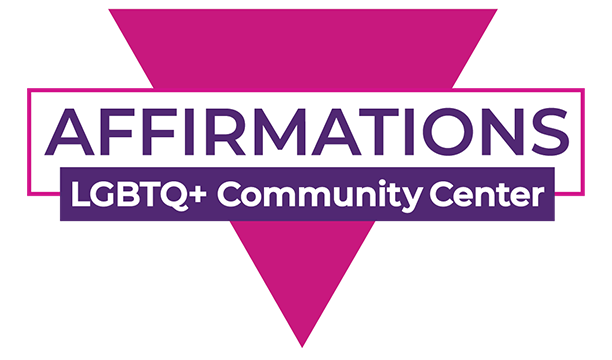
Affirmations’ Volunteer and Intern Spotlight: Rachel Zaback
Having LGBTQ+ groups are important to the community and Affirmations has been holding them at the center since its founding. Co-founder of the group “Disability and Discussion”, Rachel Zaback has been an active part of Affirmations since August of 2018. In the following interview, Rachel talks a bit about her passion for her group and how it came to be.
- How long have you been involved with Affirmations and its programs?
“We’ve been officially active since March. However, many members of our group have been active longer than that. All of our founding members were previously involved with a different group at Affirmations, some of us for a year or more. That group passed some very ableist policies that made it difficult for us to exist there as disabled people, and that’s when we decided to found this one.”
- What does ‘Disability and Discussion’ mean to you?
“To me, it means that we are an egalitarian space for LGBTQ+ disabled people. I see it as a safe space, a brave space, where we can talk about things that are going on in our lives and have that sort of mutual commiseration. We also talk about LGBTQ+ and disabled issues that are going on in real life and that directly impacts our intersectional community. While we follow Affirmations guidelines and don’t promote any specific political parties or candidates, we feel that as queer disabled people, our existences are inherently political. Because of that, the discussion of relevant issues is pretty instrumental to our meetings.”
- How can the group be helpful to the members who have joined it?
“We help in a two-prong fashion. The first prong is that we provide a space and a platform for people to talk about the struggles going on in their everyday lives, which tend to be more disability-based than anything else. As they share that information, often there is discussion around it, and people can pose questions to the other members. So in one sense, Disability and Discussion is helpful in that we provide that support network for our members to share out and to get advice.
The second prong is education. There are a lot of different identities under the umbrella of queer disability that are represented within our group, and that means a lot of different perspectives. Every week we initiate a discussion on a different issue impacting disabled folks, and sometimes LGBTQ+ disabled folks, around the world. For example, we once talked about the lack of disability accessibility in queer spaces. We’ve also talked about how disability protests have changed over time, the neurodiversity movement, and invisible disabilities. This provides a space for those of us with experience on a certain topic to speak out about it and those of us who don’t have experience in that topic to learn about it.”
- How did you become passionate about the subject?
“I’m autistic myself, and I spent a long time without any community resources to help me. I got into the whole idea of disability pride in college and this idea that you can take pride in your differences and that everyone is entitled to accommodations for their respective challenges be they disability-related or otherwise. That passion became incandescent when we all collectively decided to leave our old group. Our various coping methods were being banned and described as disrespectful, and we were implicitly labeled as antisocial. That’s when we became passionate about providing a space that was open and welcoming towards disabled queer people in our community.”
- Is there any way that people who aren’t specifically involved in the group can still support it and help out?
“We have a Facebook and a Discord. Both are places where we post interesting articles and resources on disability support and also places where even if someone is not regularly coming to meetings, they can post disability-related questions to the community and start a discussion around those questions. And if you aren’t interested in joining our group but have people in your life that would benefit from joining, you can help us to spread the word!”
You can find information about Disability and Discussion along with a way to get into contact with Rachel Zaback by clicking here.

